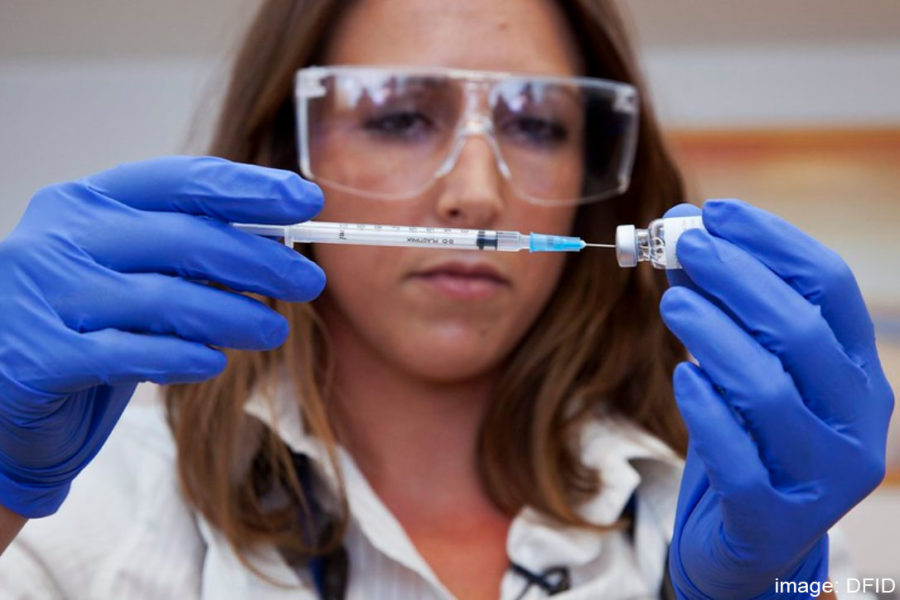Coronavirus or COVID-19 has been shaping the reality of life and work in Austria, the UK and around the world.
As we are all trying to do our bit to fight the spread of the virus (stay at home!) and adapt where possible to a new normal, I think it’s worth reminding ourselves that in order to find a long term solution to the threat posed by the virus we have to work together as a global community.
We face an urgent need to develop, manufacture and equitably distribute therapeutics, diagnostics and a vaccine. No country can do this on its own. Without cooperation on this, our eventual recovery will take longer, be more uncertain and bring greater risk of repeated outbreaks.
As an international, open and densely populated country the United Kingdom has been – like many other European countries – dealing with the impact of COVID-19 on the health system. Domestically we are continuing our science-led action plan to contain, delay, research and mitigate against the virus.
But besides the domestic angle, we also have to consider the global response.
On the international scene Britain has been working with partners and allies, including the G7, G20, EU, UN, World Bank and other multilateral institutions to:
- support an effective and co-ordinated global health response led by the WHO
- reinforce the resilience of vulnerable countries
- pursue a novel vaccine
- therapeutics and diagnostics (VTD)
- support the global economy and
- enable travelling nationals to return home where necessary (1.3m Brits were able to return home, including 400 seasonal workers in Austria)
G7 leaders are scheduled to meet monthly in advance of the summit in June. We will use the next month to lobby to ensure impactful collective action is taken and progress is made.
A key instrument to deliver this progress is the Coalition for Epidemic Preparedness (CEPI) – the world’s leading international initiative to develop new vaccines, therapeutics, diagnostics and to assist in expanding testing.
According to WHO estimates costs for research, development and future global access to vaccines, drugs and diagnostics are in the region of £45bn.
We are pushing the G7/G20 to commit an initial down-payment of £1.7bn, of which the UK has announced £250m (approximately 15%) to CEPI.
The United Kingdom is delighted to be a co-hosting pledging event on 4 May with the EU and others on COVID-19. This will provide a timely platform to secure much needed investment in the COVID-19 response, including R&D funding.
We are also drawing on the support of British businesses, such as Unilever, to tackle the virus. Our £100m partnership with the firm will tell one billion people around the world about the importance of hygiene and distribute over 20m hygiene products including in areas where there is little or no sanitation.
The global community urgently needs new tools to tackle the COVID-19 pandemic and vaccines to end it.
Unless the pandemic is ended everywhere, global economic recovery will be delayed and the risk of resurgence will remain.
CEPI is funding the rapid development of the most promising COVID-19 vaccine candidates and needs further support now so that it can do more.













